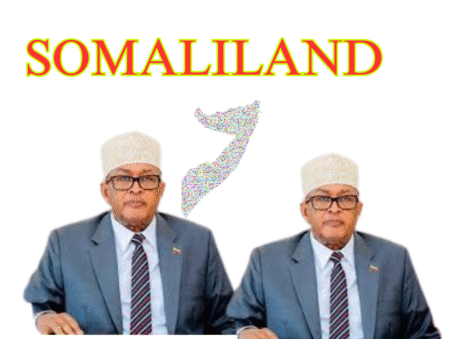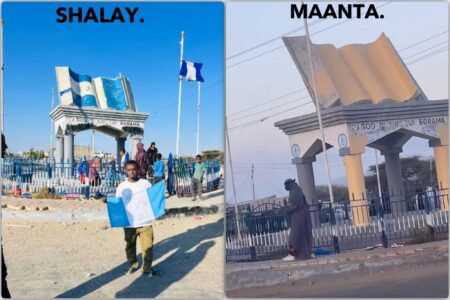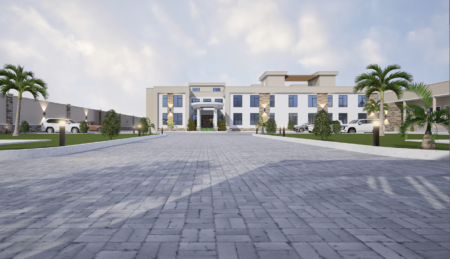The formal recognition and establishment of SSC Khatumo as a Federal Member State is not only a long-overdue political correction, but a pivotal moment for Somalia’s fragile journey toward unity, stability and federal maturity. It is a decision rooted in constitutional logic, historical grievances, and the genuine will of a people who for decades have been left in the shadows of Somali politics. SSC Khatumo’s formation is not a move that threatens Somalia’s unity. On the contrary, it is a step that strengthens it, by offering inclusion where there was exclusion, and clarity where there was confusion.
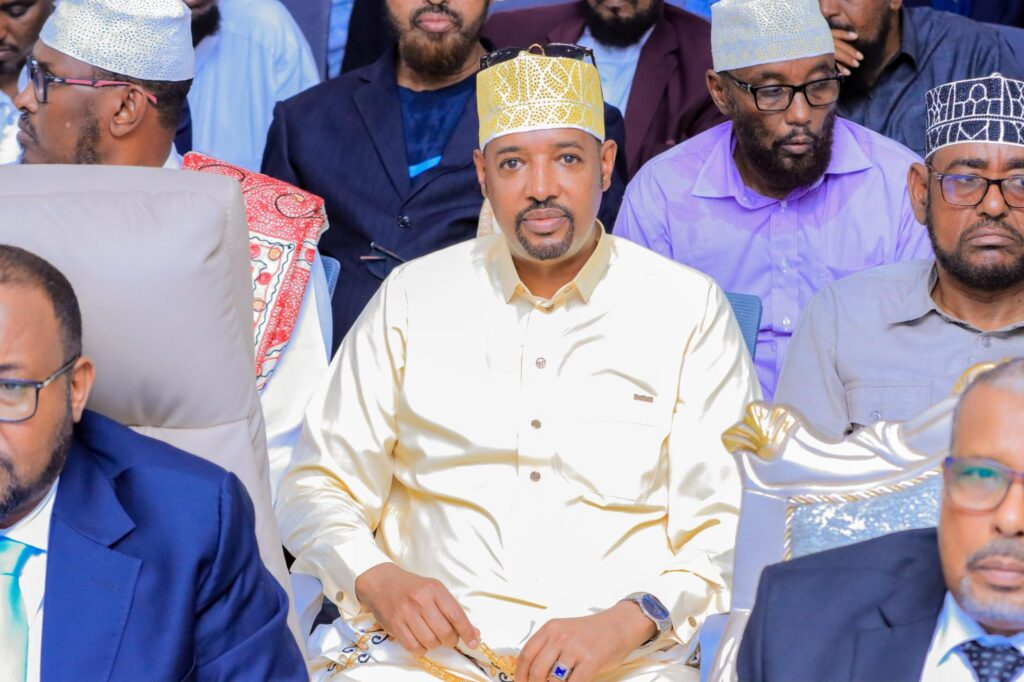
For too long, the people of Sool, Sanaag and Ayn have lived under a political grey zone. They have been claimed by competing authorities, ignored by successive central governments, and marginalized from major development and decision-making processes. Their desire to be fully recognized as part of the Federal Republic of Somalia is not born out of rebellion. It is born out of the simple and rightful demand for representation, dignity, and inclusion. No region or community should be expected to live indefinitely without a say in their own affairs or a seat at the national table.
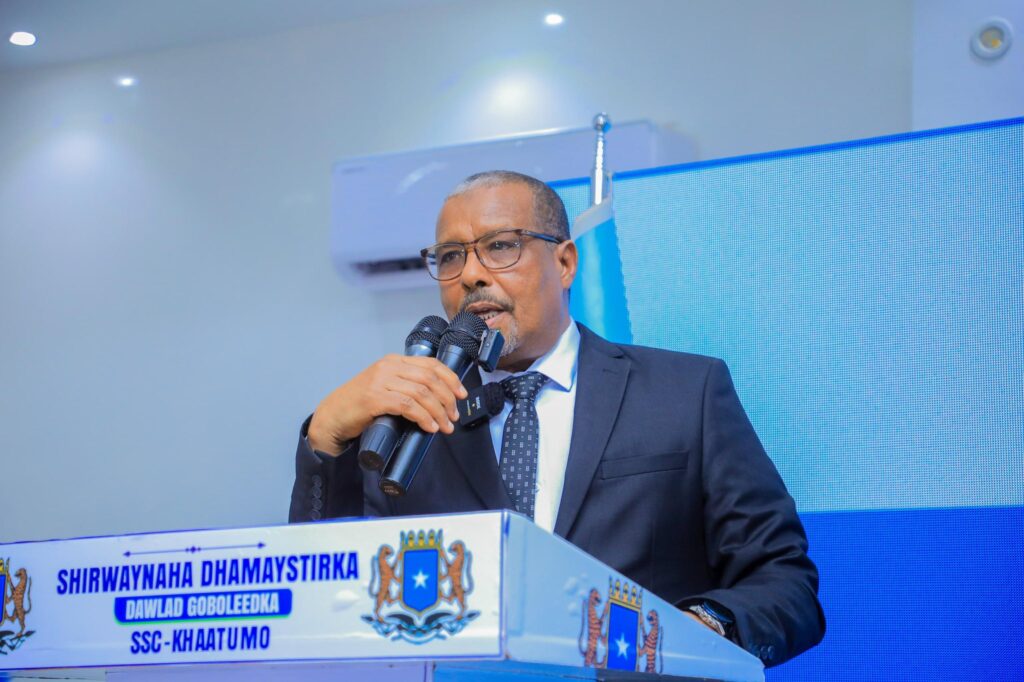
Understanding the Role of SSC Khatumo in Somali Unity
SSC Khatumo represents a genuine grassroots effort to assert identity within the framework of the Somali constitution. It is not a secessionist movement, nor is it a political tool manufactured by foreign actors, as some detractors have tried to claim. It is a response to decades of political neglect and a desire to chart a path forward under the banner of Somali unity. That desire deserves respect and support, not suspicion and hostility.
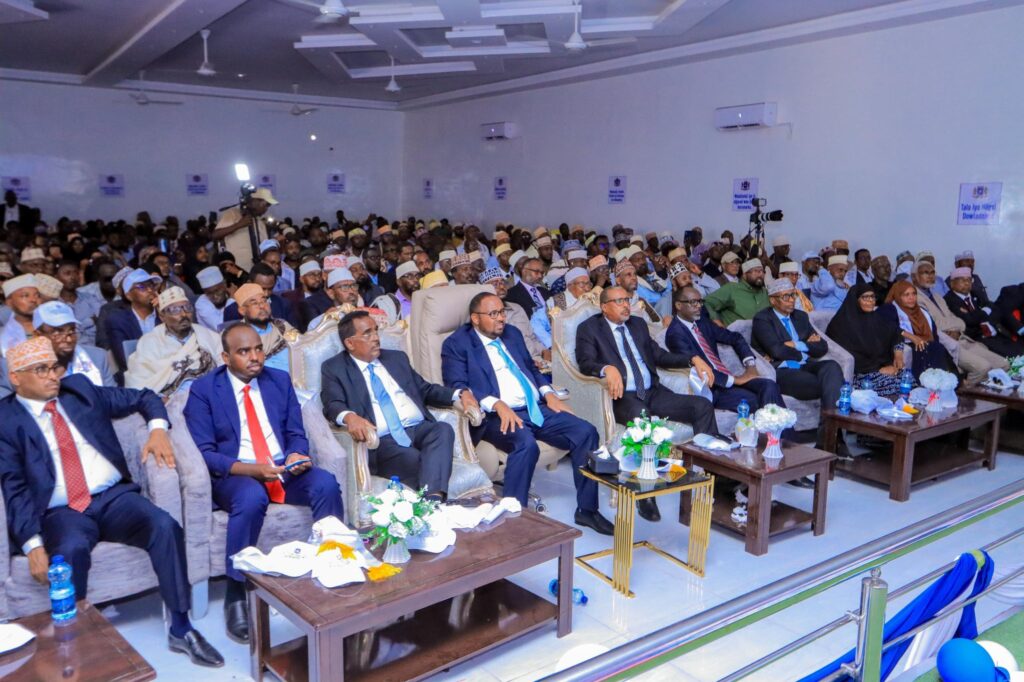
Recognizing SSC Khatumo as a Federal Member State is a way to complete the federal map of Somalia, which has remained unbalanced and incomplete for far too long. Federalism, as enshrined in the Provisional Constitution, is the agreed political system of the country. It is designed to manage diversity, empower local governance, and reduce the risks of centralized authoritarianism. If federalism is to work in Somalia, it must be consistent. We cannot pick and choose who gets to be a federal entity based on political convenience or external pressure.
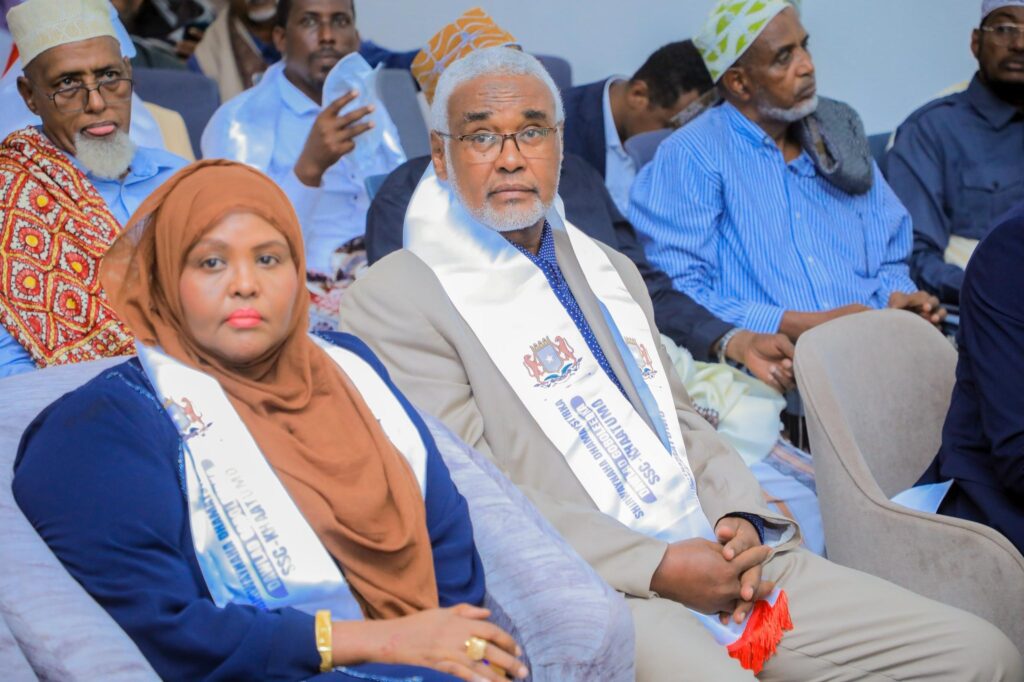
There is also a broader national interest at stake. The inclusion of SSC Khatumo within the federal system strengthens the authority and reach of the central government, especially in contested regions. It opens the door to extending public services, improving security, and enabling genuine political dialogue. It also allows the federal government to better regulate the exploitation of natural resources such as oil in Sool, which otherwise risk being claimed or misused without proper oversight. A state operating within the constitutional framework brings transparency and accountability to these processes.
Critics argue that recognizing SSC Khatumo will provoke confrontation, especially with those who hold competing claims over the region. But Somalia’s future cannot be built on fear or appeasement. We cannot allow the threat of conflict to override the principles of justice and inclusion. Peace is not achieved by denying people their rights. It is achieved by addressing grievances, building consensus, and creating lawful mechanisms for dispute resolution. The federal government has a duty to bring all Somalis under one umbrella. That includes the people of Sool, Sanaag and Ayn.
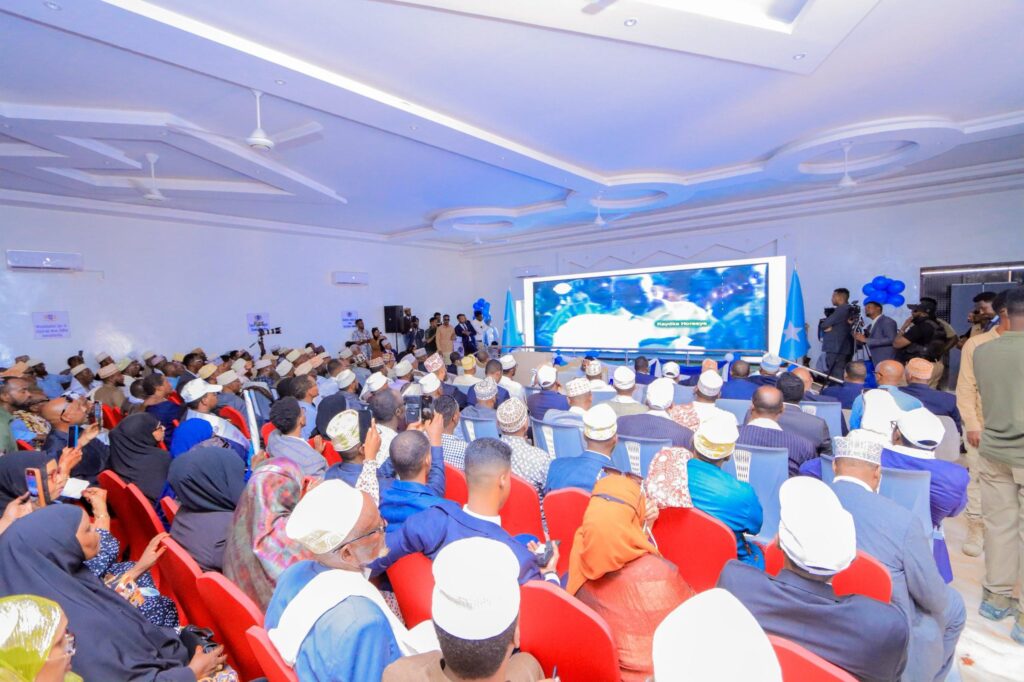
The formation of SSC Khatumo also carries regional significance. It presents an opportunity to stabilize a historically volatile zone and neutralize the political vacuum that has often been exploited by both internal spoilers and external actors. With proper integration, SSC Khatumo can become a partner in regional development, security cooperation, and inter-regional dialogue. Its establishment should not be viewed as a zero-sum game, but as a chance to balance regional representation within the Somali state.
This moment also challenges us to think differently about what unity truly means. Unity is not the absence of difference. It is the presence of mutual respect, equity, and shared purpose. SSC Khatumo’s inclusion does not weaken other regions. It reinforces the idea that Somalia belongs to all Somalis, regardless of geography or clan. It reminds us that no region is too small to matter, and no voice is too distant to be heard.
What the people of SSC Khatumo are asking for is not extraordinary. They want schools, hospitals, roads and jobs. They want to participate in elections. They want to see their language, history, and culture reflected in national dialogue. They want to feel part of the Somali project, not merely observers of it. That is not a threat to unity. It is the foundation for it.
Let us also be clear. The formation of SSC Khatumo is not a project of President Hassan Sheikh Mohamud or Prime Minister Hamza Barre alone. It is the result of years of community organizing, consultation, and sacrifice. The current administration has simply listened to the voices that were too long ignored. That is not a political gamble. It is an act of leadership.
The way forward should be one of consensus, not confrontation. The federal government must work with all stakeholders, including traditional elders, civil society and political leaders from across the country, to ensure the process of SSC Khatumo’s formation is peaceful, inclusive and legally sound. Dialogue must be open, and solutions must be grounded in law. This is a national undertaking, not a regional affair.
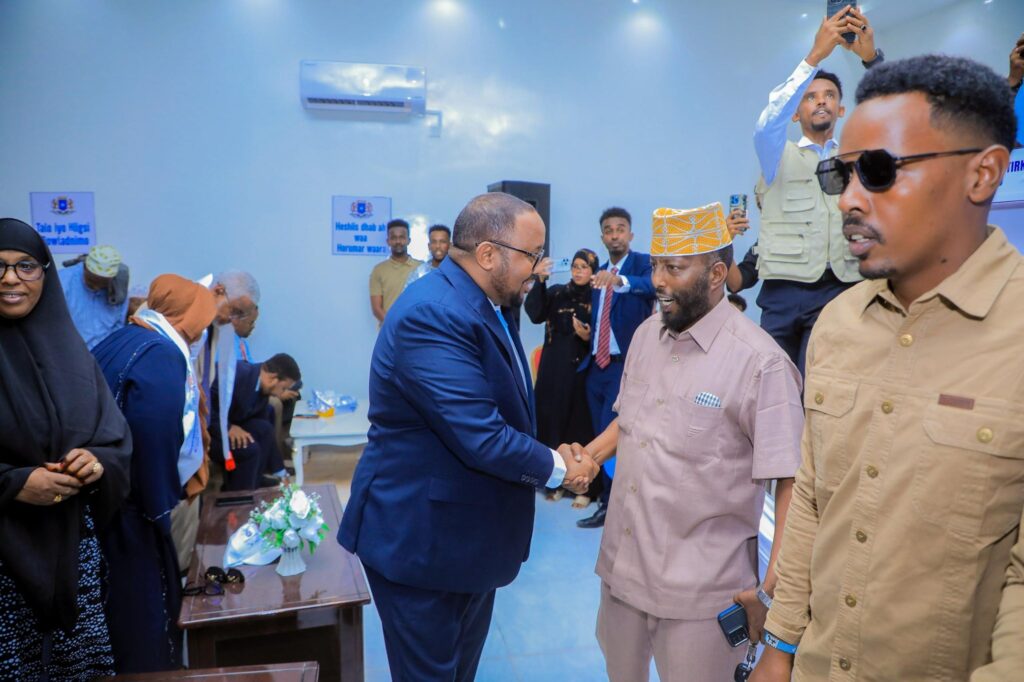
In a country where trust in government is fragile and hope is often in short supply, SSC Khatumo’s rise as a Federal Member State can be a symbol of what is possible when inclusion triumphs over marginalization. It can serve as a model for how Somalia can reconcile its many parts into a unified whole.
The future of Somalia will not be built by silencing voices or ignoring regions. It will be built by recognizing each community’s rightful place in the national story. SSC Khatumo is not a threat to that story. It is part of it. And its recognition is not just a victory for one region, but a step forward for all of Somalia.
By Abdullahi Yabarow

